Subversive kindness
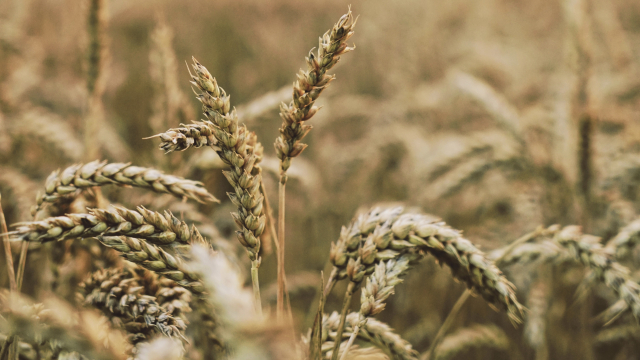
Listen to this daily worship
Ruth 2: 1-8 (NRSVA)
1 Now Naomi had a kinsman on her husband’s side, a prominent rich man, of the family of Elimelech, whose name was Boaz. 2 And Ruth the Moabite said to Naomi, ‘Let me go to the field and glean among the ears of grain, behind someone in whose sight I may find favour.’ She said to her, ‘Go, my daughter.’ 3 So she went. She came and gleaned in the field behind the reapers. As it happened, she came to the part of the field belonging to Boaz, who was of the family of Elimelech. 4 Just then Boaz came from Bethlehem. He said to the reapers, ‘The Lord be with you.’ They answered, ‘The Lordbless you.’ 5 Then Boaz said to his servant who was in charge of the reapers, ‘To whom does this young woman belong?’ 6 The servant who was in charge of the reapers answered, ‘She is the Moabite who came back with Naomi from the country of Moab. 7 She said, “Please let me glean and gather among the sheaves behind the reapers.” So she came, and she has been on her feet from early this morning until now, without resting even for a moment.’
8 Then Boaz said to Ruth, ‘Now listen, my daughter, do not go to glean in another field or leave this one, but keep close to my young women.
Boaz stands looking at his fields, a wealthy man of means. He surveys the rich harvest of barley rippling in the wind and breathes deep the satisfaction of prosperity from a lucrative harvest coming after a time of famine. Prices are high and he can expect good profit.
But he is a man able to see beyond mere profit to the people who make that possible. He extends blessing to his workers and they respond with blessing back to an appreciated boss. He notices even the gleaners at the very corners of the fields, usually invisible to those who made money from the land, as they brought no additional revenue, simply scraping the leftovers.
We witness a man who looks at the world with Godly eyes. He sees and engages with people in need. The early welfare system of his faith required of him to leave the edges of his fields unreaped for the poor and the foreigner to gather grain. Ruth was both, and he added unasked for generosity by pulling good grain and leaving it for her. He was astutely aware of the risks for immigrant women, particularly from sexual harassment, and ensured her safety, instructing his men not to touch her, providing good water and food for her. He was a man who was able to recognise the virtue of kindness, even in the most lowly person, and meet it with further kindness. He restored dignity. His gracious kindness subverted the threats to Ruth of hunger, poverty, assault, isolation, so often the components of life for displaced people. It is not long before we begin to recognise in the virtues of Boaz, the character of the God he serves. He is gracious, generous, compassionate, noticing the least, concerned with deep human need, and kind.
In our current day, how can those who are secure and affluent in their own circumstance, use their security and influence in acts of kindness towards those who live with deep insecurity, displacement, threat of poverty, exploitation, hunger? Who are the gleaners in our society, those who have to scrape a scant living around the edges, from the leftovers in our communities? How does the character of Boaz challenge us towards subversive kindness?
PRAYER:
Father God, help us to see the world with your eyes. Help us to notice the least. Challenge us to kindness which undermines unfairness and brings dignity.
Amen.




 Add to Favourites
Add to Favourites
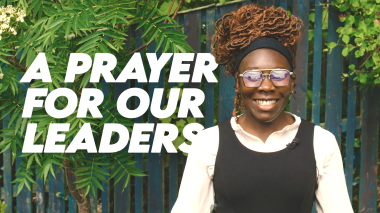

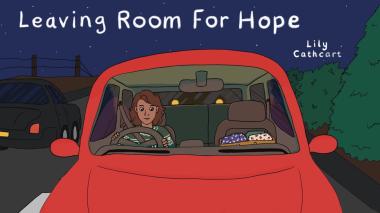

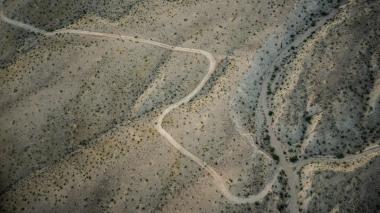

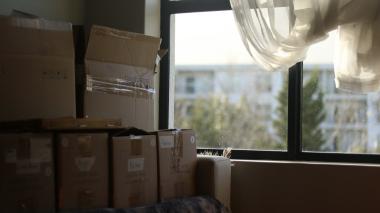

Login to comment.